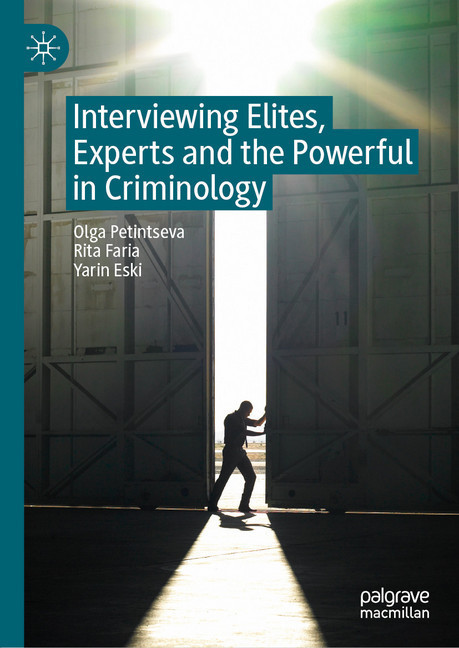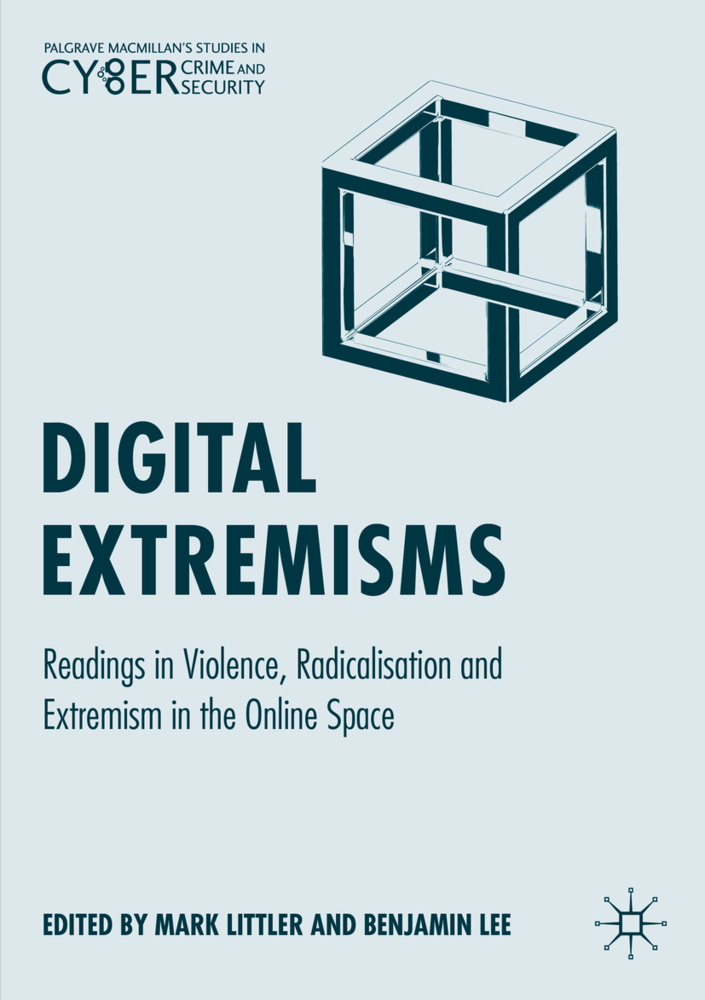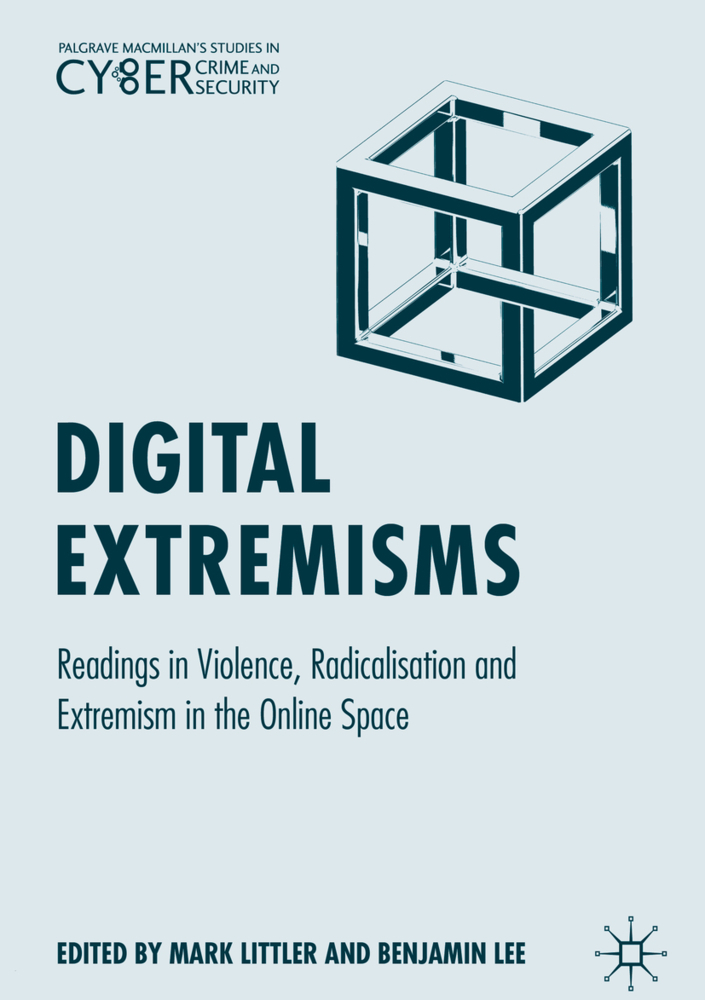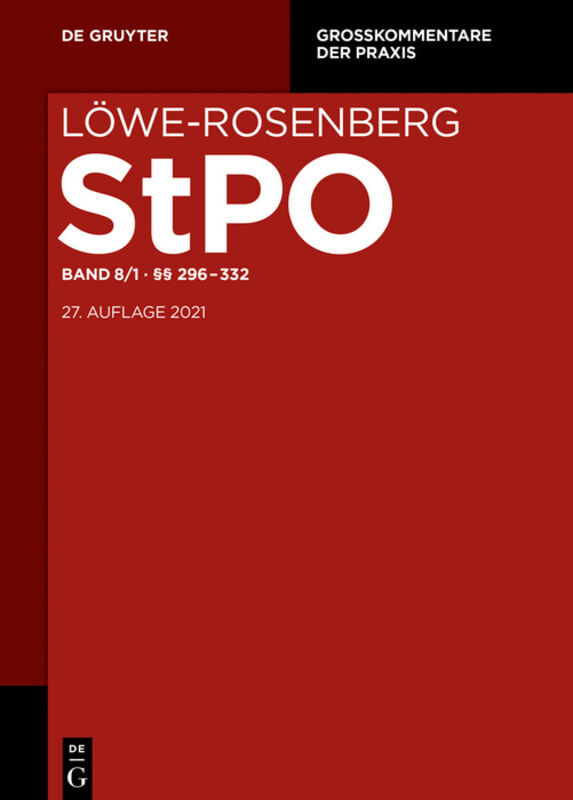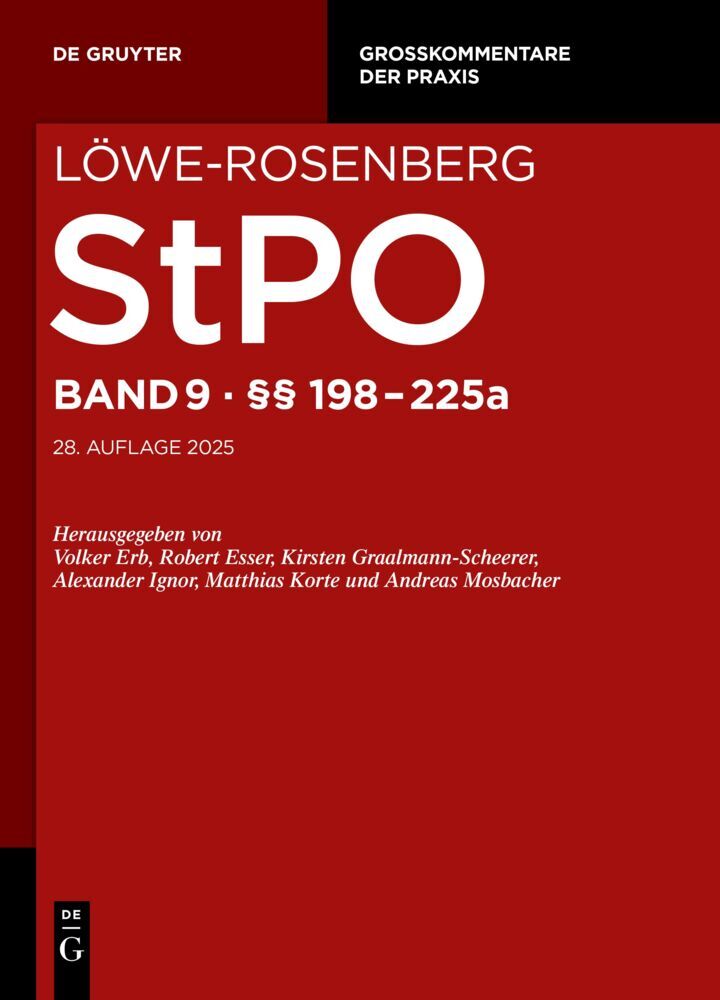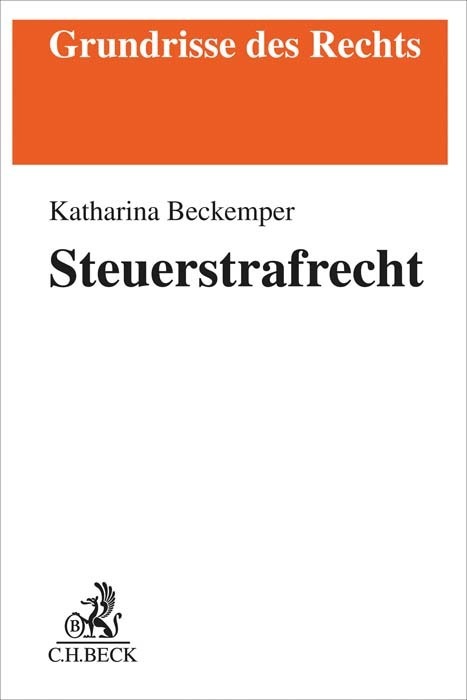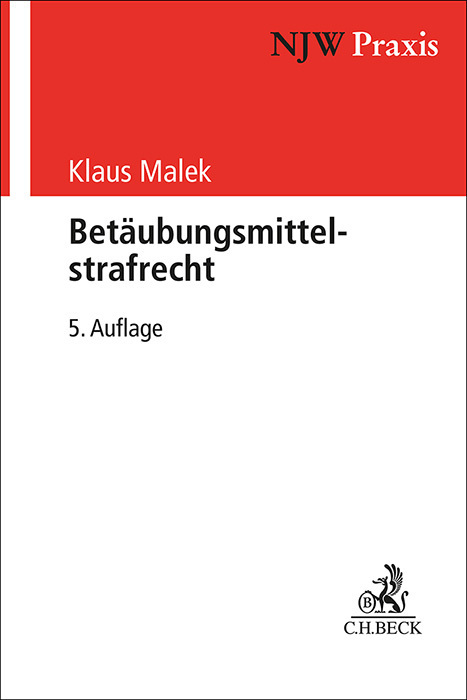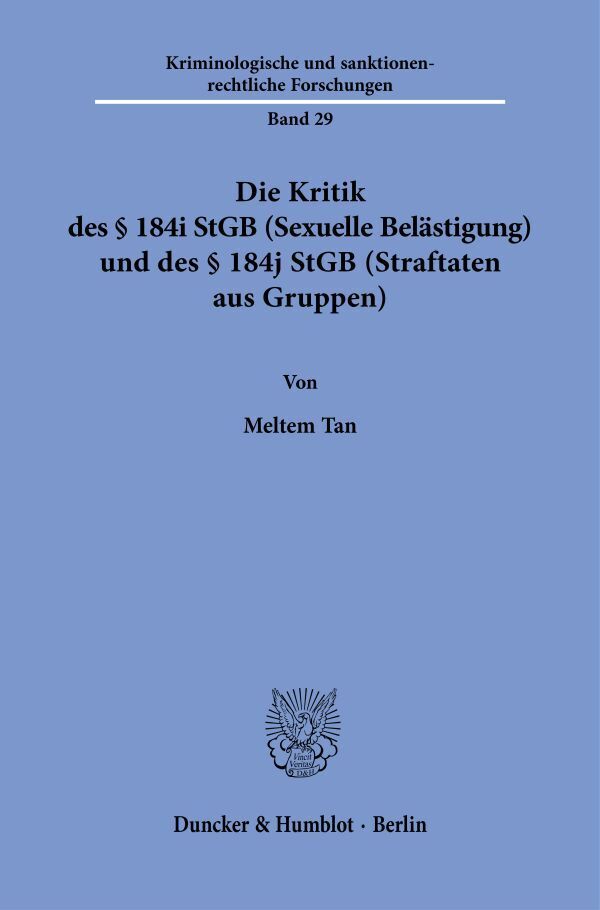Interviewing Elites, Experts and the Powerful in Criminology
This book offers practical advice on designing, conducting and analyzing interviews with 'elite' and 'expert' persons (or 'socially prominent actors'), with a focus on criminology and criminal justice. It offers dilemmas and examples of 'good' and 'bad' practices in order to encourage readers to critically asses their own work. It also addresses methodological issues which include: access, power imbalances, getting past 'corporate answers', considerations of whether or not it is at times acceptable to ask leading questions and whether to enter a discussion with a respondent at all. This book will be valuable to students and scholars conducting qualitative research.
Olga Petintseva is Postdoctoral Research Fellow at the University of Ghent, Belgium. Her expertise is located at the intersection of criminology, migration studies and socio-linguistics.
Julie Tieberghien is Postdoctoral Research Fellow at the University of Ghent, Belgium.
Rita Faria is Assistant Professor at the School of Criminology, University of Porto, Portugal. Rita does research in white-collar crime, research misconduct and the use of qualitative methods in Criminology.
Yarin Eski is Assistant Professor at the Knowledge Hub Security and Social Resilience of the Vrije Universiteit Amsterdam, the Netherlands. He obtained his PhD in 2015 from the University of Glasgow.
Olga Petintseva is Postdoctoral Research Fellow at the University of Ghent, Belgium. Her expertise is located at the intersection of criminology, migration studies and socio-linguistics.
Julie Tieberghien is Postdoctoral Research Fellow at the University of Ghent, Belgium.
Rita Faria is Assistant Professor at the School of Criminology, University of Porto, Portugal. Rita does research in white-collar crime, research misconduct and the use of qualitative methods in Criminology.
Yarin Eski is Assistant Professor at the Knowledge Hub Security and Social Resilience of the Vrije Universiteit Amsterdam, the Netherlands. He obtained his PhD in 2015 from the University of Glasgow.
1;Preface;5 2;Contents;8 3;List of Tables;9 4;List of Text Boxes;10 5;1 Introduction;11 5.1;1.1 Introduction;12 5.2;References;16 6;2 Interviewing 'the Powerful' in Crime and Crime Control;18 6.1;2.1 Introduction;18 6.2;2.2 Conceptual Issues: Who Are the 'Powerful', 'Elites' and 'Experts'?;19 6.2.1;2.2.1 'Experts';19 6.2.2;2.2.2 'Elites';20 6.2.3;2.2.3 'The Powerful' (In Crime and Crime Control);24 6.3;2.3 Particularities of Qualitative Interviews with the Powerful;27 6.4;2.4 Why Interview the Powerful?;31 6.5;2.5 Core Readings;33 6.6;References;33 7;3 Interview Models and Researcher's Self-Positioning;37 7.1;3.1 Introduction;37 7.2;3.2 Informal and Ethnographic Interviews;42 7.3;3.3 Doxastic Interviews;46 7.4;3.4 Looking Glass: Researcher as a Peer;47 7.5;3.5 Active Interviewing;52 7.5.1;3.5.1 Epistemic Interviewing;54 7.5.2;3.5.2 'Light' Socratic Dialogues as a Variation of Epistemic Interviewing;56 7.5.2.1;3.5.2.1 Shifts and Porous Distinctions Between Epistemic and Doxastic Modes;58 7.5.2.2;3.5.2.2 Types of Topics to Discuss During (Light) Socratic Interviews;59 7.5.2.3;3.5.2.3 Attentiveness to the Research Context and Interaction;60 7.5.2.4;3.5.2.4 Interviewer as Critic;61 7.6;3.6 Core Readings;62 7.7;References;62 8;4 Their Reign, Their Game? Accessing the Powerful;67 8.1;4.1 Introduction;68 8.2;4.2 Sampling;69 8.3;4.3 Gaining Access;75 8.4;4.4 Maintaining Access;90 8.5;4.5 Core Readings;95 8.6;References;96 9;5 Prepare, Prepare, Prepare;99 9.1;5.1 Introduction;99 9.2;5.2 Gaining Insights in the Setting and Its Ongoing Debates;101 9.3;5.3 Constructing a Topic List;104 9.4;5.4 Probing and Elicitation;110 9.5;5.5 Core Readings;111 9.6;References;111 10;6 Conducting the Interview;113 10.1;6.1 Introduction;114 10.2;6.2 Gaining Trust and Building Rapport;115 10.3;6.3 Dealing with Questions and Assumptions About Your Knowledge and Views;121 10.4;6.4 Ethics During the Interview Interaction;123 10.5;6.5 Language, Jargon, Body Language, Attitude;127 10.6;6.6 Getting into Sensitive Topics and Past Corporate Answers;131 10.7;6.7 Physical Setting;134 10.7.1;6.7.1 The Interview Venue;134 10.7.2;6.7.2 Interviewing in the Online and Off-Line World;139 10.8;6.8 Core Readings;141 10.9;References;141 11;7 Making Sense of the Data;145 11.1;7.1 Introduction;145 11.2;7.2 Transcribing and Coding;146 11.3;7.3 Researcher as a Situated Actor;150 11.4;7.4 Assessing Data Quality;151 11.4.1;7.4.1 Authenticity;152 11.4.2;7.4.2 Transparency;155 11.4.3;7.4.3 Consistency/Coherence;156 11.4.4;7.4.4 Triangulation;157 11.5;7.5 Ethics in Analysis and Reporting;161 11.6;7.6 Leaving the Field and Getting Back to Participants;165 11.7;7.7 Presenting Your Findings;167 11.8;7.8 Core Readings;168 11.9;References;169 12;Index;173
Petintseva, Olga
Faria, Rita
Eski, Yarin
| ISBN | 9783030330002 |
|---|---|
| Artikelnummer | 9783030330002 |
| Medientyp | E-Book - PDF |
| Copyrightjahr | 2019 |
| Verlag | Palgrave Pivot |
| Umfang | 174 Seiten |
| Sprache | Englisch |
| Kopierschutz | Digitales Wasserzeichen |

